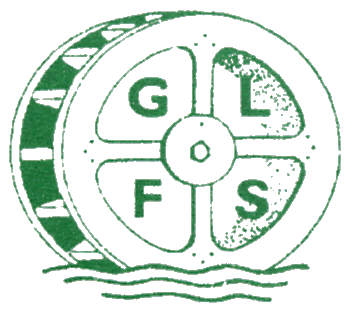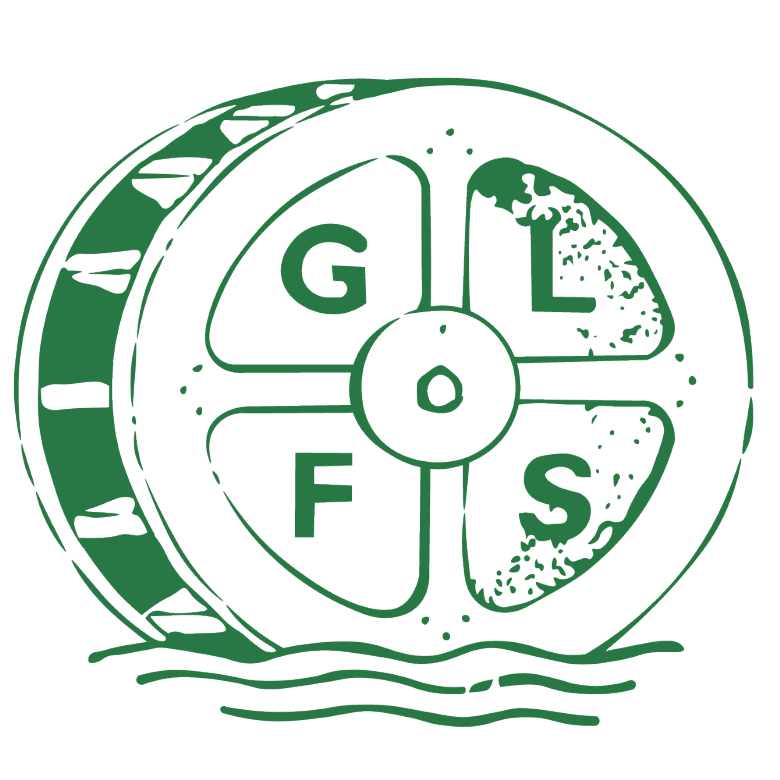Key Instant Recall Facts (KIRFs)
What are KIRFs and why are they important?
KIRFs are the ‘Key Instant Recall Facts’ that children need to secure during their primary years. They include facts such as number bonds and times tables. They are particularly useful when calculating, adding, subtracting, multiplying and dividing, but also underpin many other areas of mathematics. For example, in order to find equivalent fractions in Key Stage 2, children need to be able to rapidly recall their knowledge of common multiples (numbers in particular times tables). When children have quick access to a bank of facts, which incur little cost to working memory, they have more capacity to think about more complex problems that draw on these facts. We have noticed that without regular rehearsal, these facts are forgotten, so it is essential they are practised regularly and embedded in children’s long-term memory so they can be recalled quickly and accurately.
How will KIRF home learning work?
Every half term, your child will be set home learning which focuses on a particular set of KIRFs. This will be available on our school website under the maths section. You will see that each KIRF home learning sheet explains what the focus is for the half term and gives examples of the key facts that need to be learnt, as well as key vocabulary and questions to ask your child and top tips for learning them. Learning KIRFs shouldn’t be time-consuming. In fact, KIRFs can be practised anywhere: in the car, walking to school, at the dinner table. The most important thing is facilitating regular practice. Little and often will support your child in retaining these facts for the long term!
Children will be taught their KIRFs in school as they always have been; however, each half term, extra attention will be paid to the KIRF focus, as part of Early Morning Maths. Teachers will assess the children to make sure they are being retained.
We thank you for supporting your child in developing as a confident mathematician. We strongly believe that with factual fluency, your child will become much more confident when working with numbers and be able to access the curriculum year-on-year with more confidence and enjoyment.




